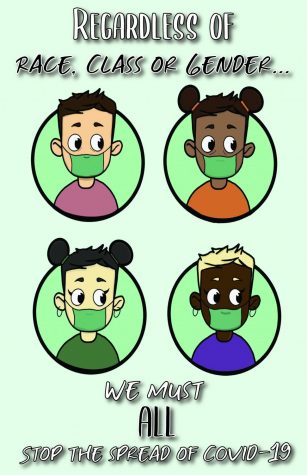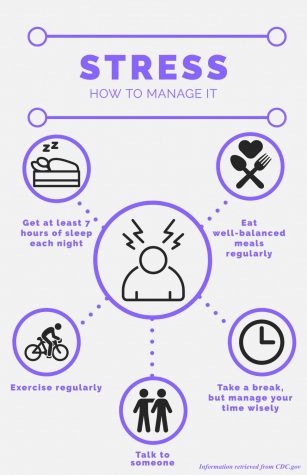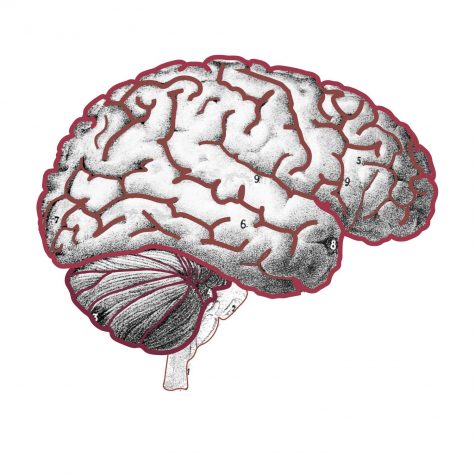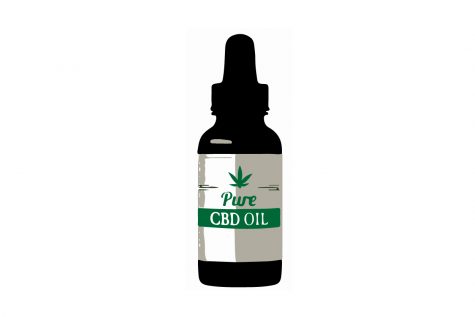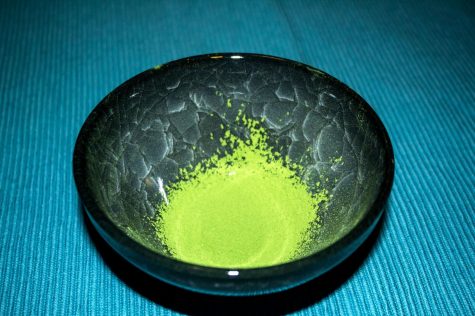To Vaccinate or Not Vaccinate is Not the Question
Children are dying all over the country. Many won’t see their first birthdays. Families are grieving. These childhood deaths are avoidable and preventable. The solution — immunizations.
Parents continue to refuse to immunize their children, citing a connection between autism and vaccinations or claiming the ingredients in vaccinations are harmful.
Dr. Andrew Wakefield raised a storm of controversy when he released a study published in the British medical journal “The Lancet” in 1998 connecting autism with the measles-mumps-rubella (MMR) vaccine. The study — and Wakefield — were discredited after numerous additional studies showed no connection and showed that Wakefield’s methods were highly questionable. In response to the findings, “The Lancet” retracted the article in 2010.
Thanks to celebrities like Jenny McCarthy — an outspoken “anti-vaxxer” — the immunization debate has continued long after its expiration date. Part of the problem is something called the personal-belief exemption. California has a personal belief exemption, and all parents have to do to invoke it is check a box when they are registering their children for school.
Most states allow vaccine exemptions for medical or religious reasons but generally some kind of legitimate documentation must be provided. It is not as simple as checking a box. South Dakota allows for medical and religious exemptions and still has one of the highest immunization rates in the nation for kindergarten students, according to a Centers for Disease Control and Prevention survey released in 2013. In places with a high immunization rate, non-immunized children and babies too young for vaccinations are protected by herd immunity because the majority of the people around them have been vaccinated.
California’s lax immunization standards are causing outbreaks of potentially deadly diseases like the measles and whooping cough. A study published in the Journal of American Academy of Pediatrics showed a significant connection between clusters of personal-belief-exempted children in California and high rates of whooping cough cases. In fact, the people living in these areas were 2 1/2 times more likely to see a large outbreak of whooping cough.
What happens when a parent takes their infant to visit a family member who lives in one of these areas? What happens when a group of young people who haven’t had their booster shots takes a school trip to Disneyland? They can be unknowingly exposed to these diseases. They may get sick themselves. They may bring it back to infect another child — and all because they visited a place with unacceptably low immunization rates.
According to the CDC, whooping cough starts out with mild cold symptoms including a runny nose, a low-grade fever and a slight cough. Serious coughing fits begin about two weeks later. The fits are so severe and long lasting that they push all of the air out of the sick person’s lungs and cause a “whooping” sound when they are finally able to inhale. The disease often causes victims — especially the young or unvaccinated — to stop breathing.
The claims of an autism-immunization connection are just the beginning. A vaccine preservative called Thimerosal has recently been under attack. Anti-vaxxers seem to think that it is a neurotoxin. According to the Food and Drug Administration, Thimerosal has been widely used since the 1930s as a preservative in “a�� many vaccines, to help prevent potentially life threatening contamination with harmful microbes.”
Thimerosal was studied in the 1930s before it was put into vaccines, and many studies were conducted in the years after it was introduced. All found the preservative had no ill effects on the patient, other than “minor local reactions at the site of the injection.”
Certified Nurse Practitioner Sara Gottlob from the Black Hills State University health clinic said that people should be more worried about the preservatives in their foods than about what is in vaccinations.
“Just vaccinate your children,” said Gottlob.
Despite the evidence that Thimerosol is safe, the anti-vaxxer outcry continued unabated, and the FDA made drug manufacturers remove or reduce to trace amounts of Thimerosol in vaccines for children under six years old in an attempt to quiet the storm.
Numerous studies have shown that the MMR vaccine does not cause autism. Numerous studies have shown that the preservative Thimerosol is safe. So why wouldn’t parents immunize their child? It can save their child’s life and the lives of others.


